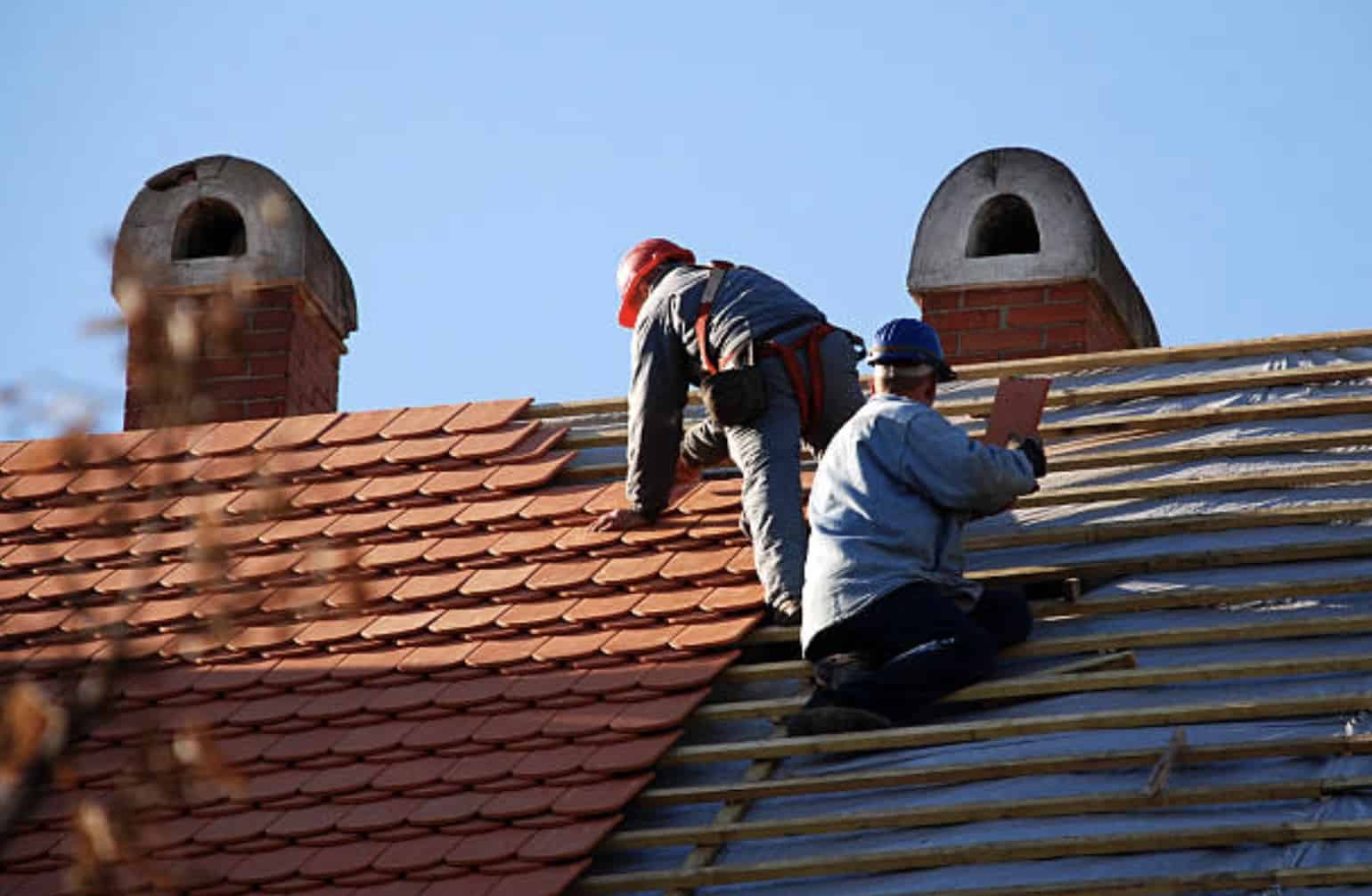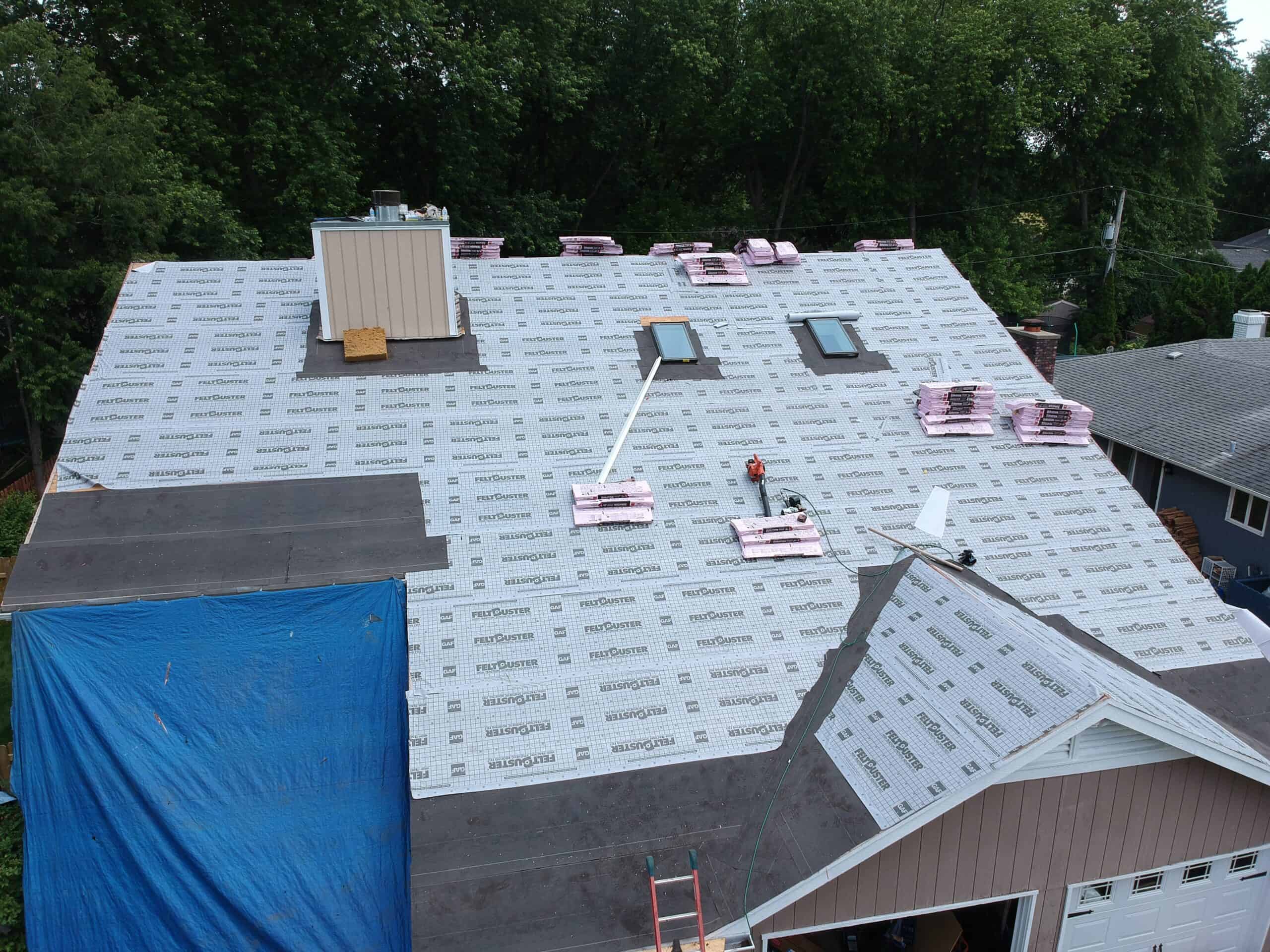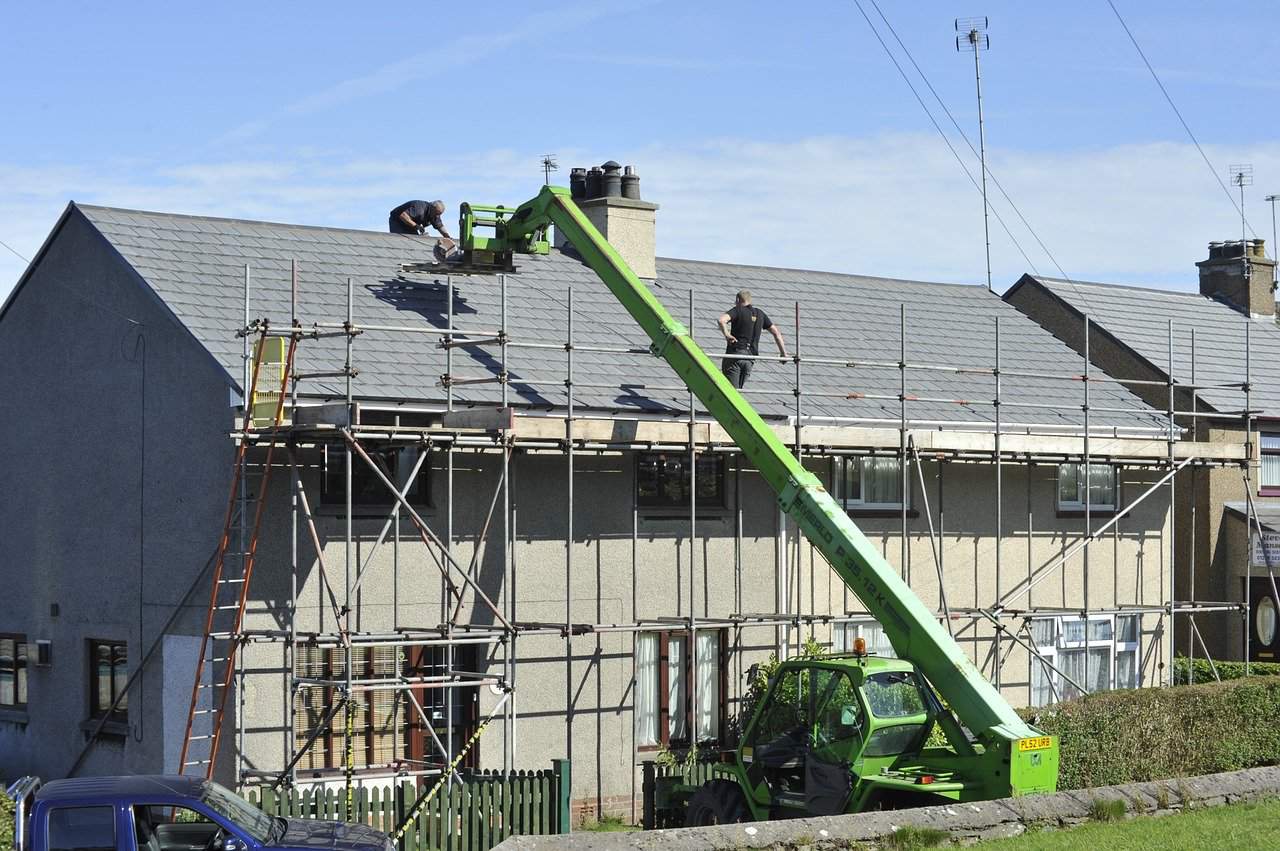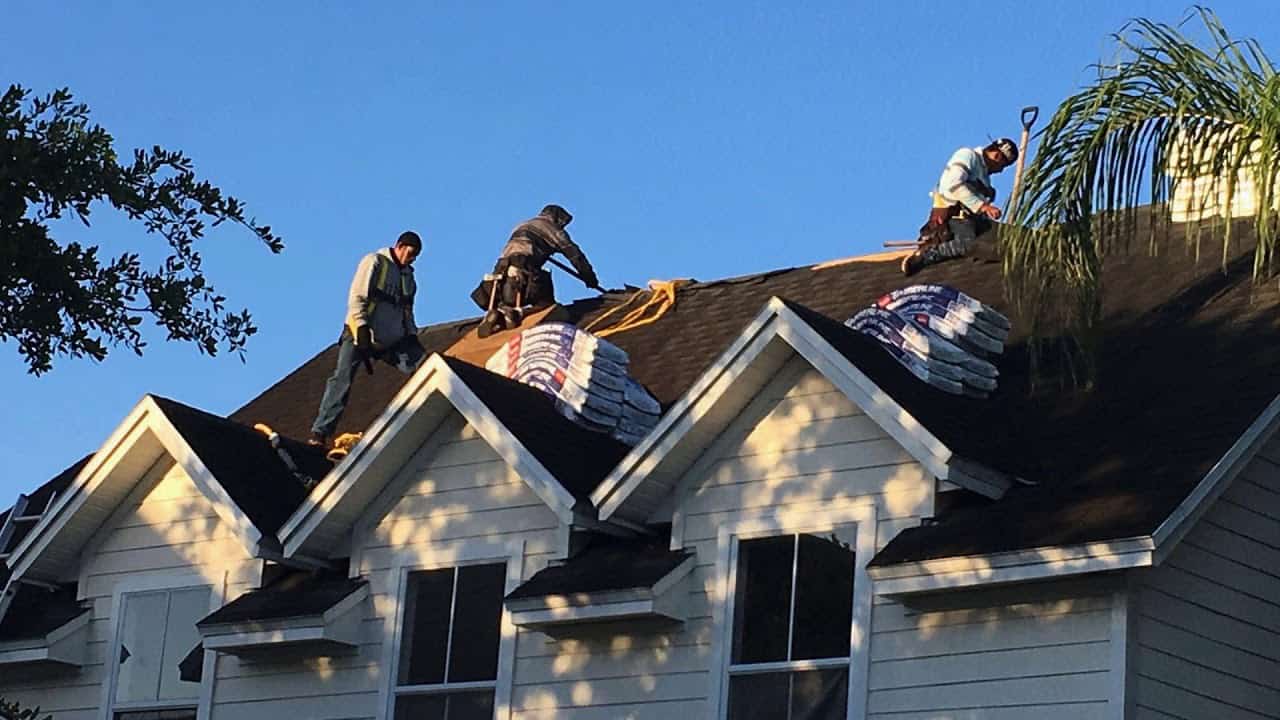Everything You Need to Know About Metal Residential Roofing
Are you considering metal roofing for your home? It’s an increasingly popular option thanks to its long lifespan and excellent longevity. Metal residential roofing is cost-effective, fire-resistant, robust, efficiently installed – and it looks great too! In this guide, we’ll bring together all the information you need to know about metal roofing to make an informed decision. We’ll explain the different types of metal roofs that are available, discuss the special characteristics they offer homeowners and consider their pros & cons – so let’s get started!
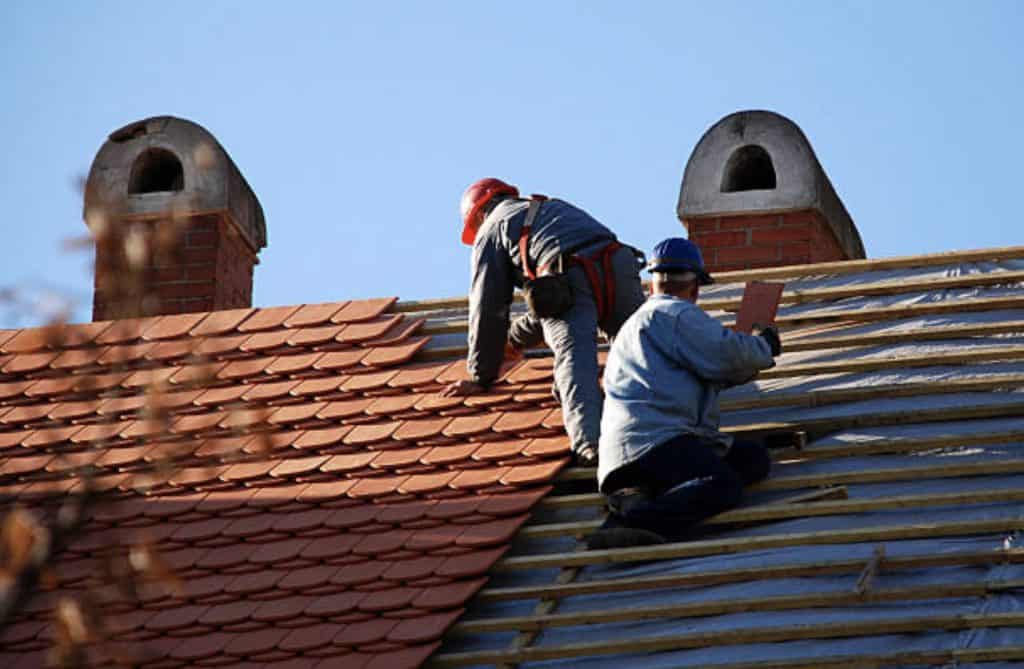
Residential Roofing
What are the Different Types of Metal Roofing and which is Best for Your Home
Metal roofing has become a popular choice for homeowners due to its durability and longevity. There are several different types of metal roofing to choose from including steel, aluminum, copper, and zinc. Each type offers its own unique benefits and drawbacks. Steel is affordable and strong but prone to rust, while aluminum is lightweight and resistant to rust but can dent easily. Copper and zinc are both highly durable and resistant to corrosion, but come with a higher price tag. When choosing the best metal roofing for your home, consider factors such as climate, budget, and aesthetic preferences.
Advantages of Metal Roofs and Disadvantages of Other Materials
Metal roofs have become increasingly popular for their numerous advantages over other roofing materials. One of the most significant benefits is their durability, as they can withstand harsh weather conditions such as rain, wind, and snow. Additionally, metal roofs have a longer lifespan than other materials, which means fewer replacements and repairs over time. They are also energy-efficient, reflecting sunlight and reducing the amount of heat absorbed into a building, resulting in lower energy bills.
The Benefits of Installing a Metal Roof
A metal roof can provide homeowners with a range of benefits that make it a worthwhile investment. Firstly, metal roofs have excellent durability and longevity, with some lasting up to 50 years or more. They also require minimal maintenance compared to traditional roofing materials, which means less hassle and cost for homeowners in the long run. Metal roofs are also energy-efficient, reflecting heat during the summer and retaining warmth during the winter, which can help lower energy bills. Additionally, metal roofs are fire-resistant and can withstand extreme weather conditions, making them a safe choice for areas prone to natural disasters.
How to Choose the Right Type of Metal for Your Home
When it comes to shopping for a metal roof for your home, making sure you choose the right type of material is key. Depending on your budget, lifestyle preferences, and local climate conditions, the type of metal you ultimately choose could influence your satisfaction level in the long-run. Consider factors including corrosion resistance, fire safety ratings, and visual appeal when selecting the best option. Make sure to explore all of your available options so that you can make an educated decision about which type of metal residential roofing is perfect for your home.
Understanding Insulation Requirements for Metal Residential Roofs
Metal roofs are becoming increasingly popular among homeowners due to their durability, energy efficiency, and modern aesthetic. However, understanding insulation requirements for these roofs is crucial to ensure that they provide the desired benefits. Inadequate insulation can lead to energy loss, higher utility bills, and reduced comfort levels inside the home. Additionally, metal roofs have unique temperature conductive properties that can increase condensation and moisture buildup if insulation is not installed correctly.
Important Considerations when Installing a Metal Roof
Installing a metal roof on your home or business can provide increased durability, energy efficiency, and longevity. However, there are important considerations to keep in mind before embarking on the installation process. One crucial factor is ensuring that the metal roofing material is compatible with the slope and design of the roof. Additionally, proper installation techniques and waterproofing must be implemented to ensure that the roof will withstand the elements and prevent leaks. It is also important to consider the environmental impact of the roof material and its potential to reflect heat, thereby reducing energy costs.
Installing a metal roof comes with a long list of benefits, including longer life expectancy and durability, better fire and hail protection, more energy efficiency, and easier maintenance. However, it’s important to make sure you understand what type of metal roof is best for your house and any insulation requirements before making a decision. For instance, lighter colors may be less expensive but can heat up your home in the summer months. Make sure to weigh all of your options carefully to ensure that you get the most out of your metal residential roof. In conclusion, metal residential roofs are an excellent choice for homeowners looking for both superior function and aesthetic appeal. With proper research and preparation, you can have a beautiful and long lasting rooftop that will bring added value to your home.
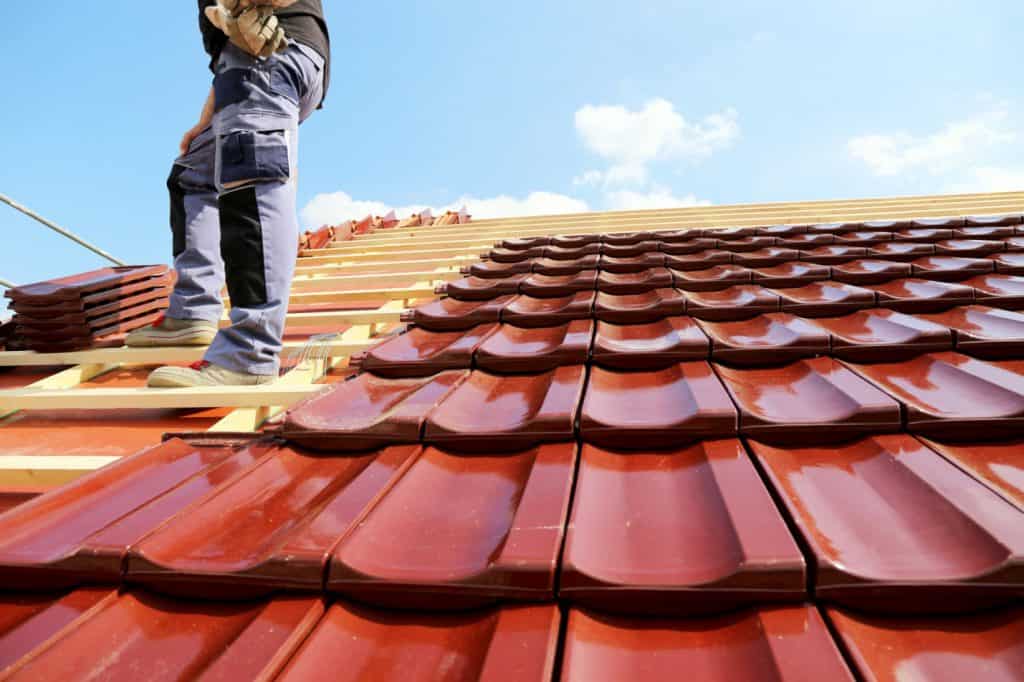
Residential Metal Roofing Services
https://www.google.com/maps?cid=5194126792545319437

